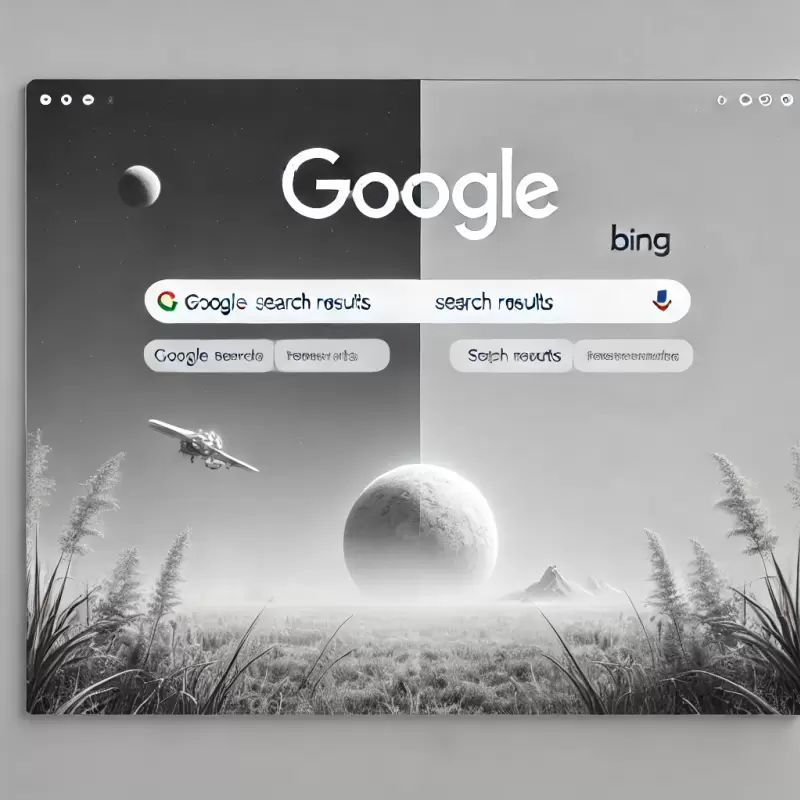How Google and Bing Search Rankings Differ in 2024

Currently, Bing and Google have noticeably different approaches to search ranking due to their distinct ranking factors and the emphasis they place on various criteria for web page rankings.
Search Query Processing Google employs semantic search processing, which better understands the meaning and context of search queries. It can accurately capture the meaning of similar words and natural language. On the other hand, Bing, even though it has improved with the integration of OpenAI, still focuses more on exact search terms.
Backlinks Both search engines value backlinks, but Google emphasizes the quality of links, such as relevance, diversity, and trustworthiness. In contrast, Bing gives more importance to the quantity of links and anchor text, with a particular focus on links from .edu and .gov domains.
Social Signals Bing values social signals, meaning that if a webpage is frequently shared or liked on social media, it might rank higher on Bing. Google, however, has stated that social media does not directly affect its rankings.
Content Quality Google uses the E-E-A-T (Experience, Expertise, Authoritativeness, Trustworthiness) criteria to evaluate the quality and credibility of content. Bing, meanwhile, emphasizes readability and the freshness of content, favoring clear, easy-to-understand content that is also up-to-date.
Technical SEO Both Google and Bing prioritize clean code, page speed, and mobile-friendly design. However, Google focuses on mobile-first indexing, meaning it primarily ranks the mobile version of websites. Bing uses a single index for both desktop and mobile versions.
Understanding and aligning your SEO strategy with the ranking criteria of both search engines can improve your chances of achieving higher rankings in search results. (Ignite Visibility, SEO.com, Semrush)
